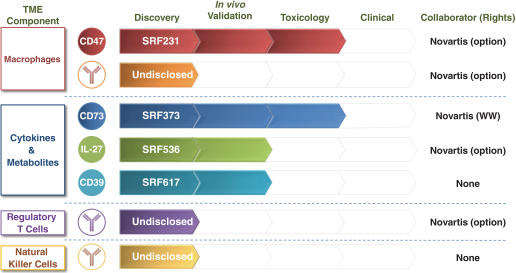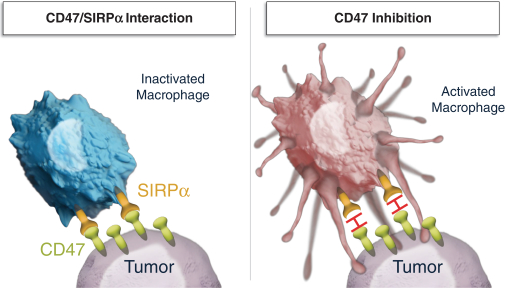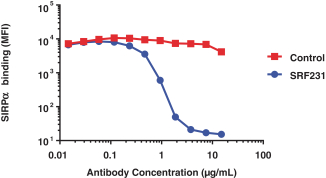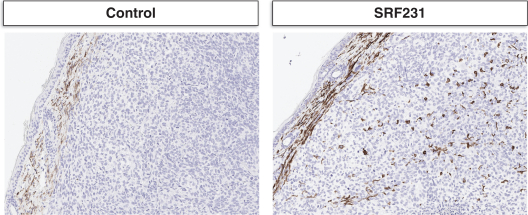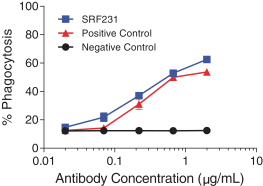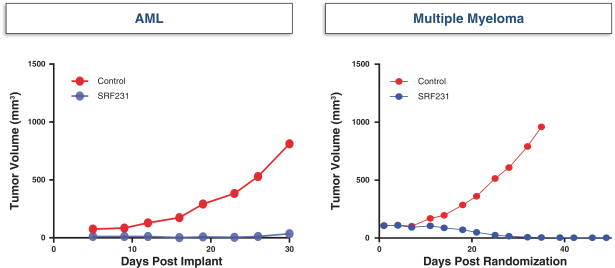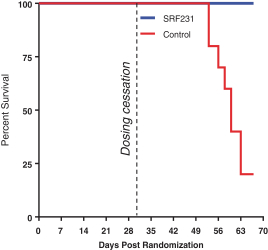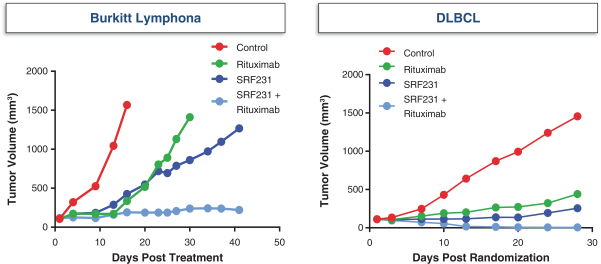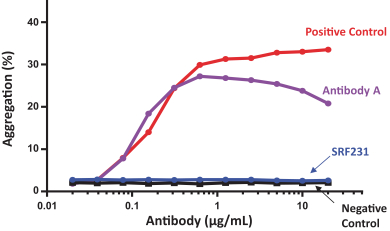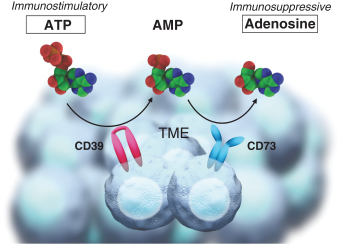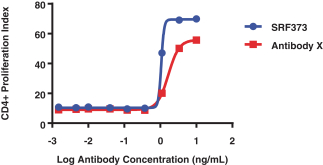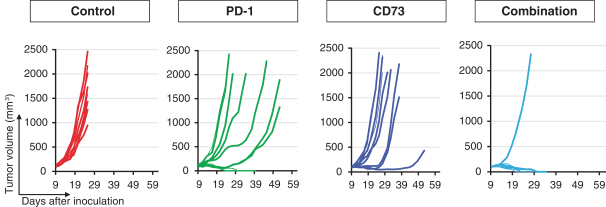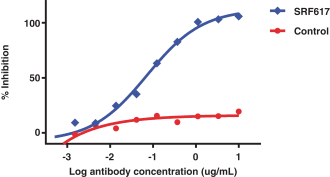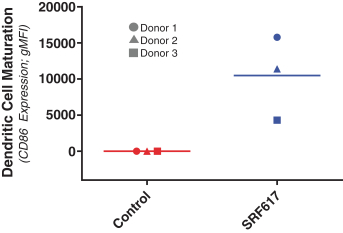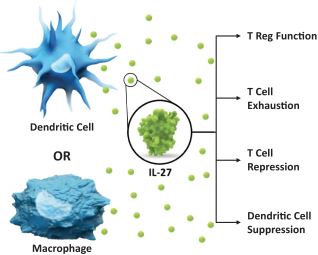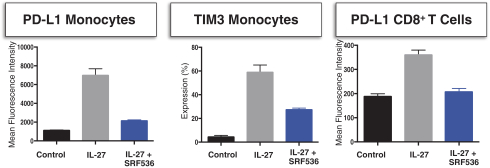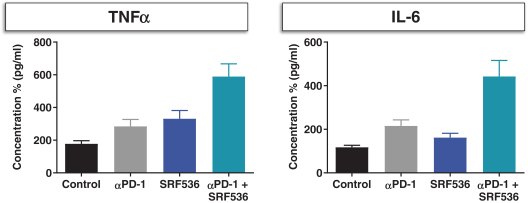with recommending a targeted deficit reduction of at least $1.2 trillion for the years 2013 through 2021, was unable to reach required goals, thereby triggering the legislation’s automatic reduction to several government programs. This includes aggregate reductions of Medicare payments to providers of 2% per fiscal year. These reductions went into effect on April 1, 2013 and, due to subsequent legislative amendments to the statute, will remain in effect through 2024 unless additional congressional action is taken. On January 2, 2013, the American Taxpayer Relief Act of 2012 was signed into law, which, among other things, further reduced Medicare payments to several types of providers.
Moreover, payment methodologies may be subject to changes in healthcare legislation and regulatory initiatives. For example, the Middle Class Tax Relief and Job Creation Act of 2012 required that the Centers for Medicare & Medicaid Services, or CMS, the agency responsible for administering the Medicare program, reduce the Medicare clinical laboratory fee schedule by 2% in 2013, which served as a base for 2014 and subsequent years. In addition, effective January 1, 2014, CMS also began bundling the Medicare payments for certain laboratory tests ordered while a patient received services in a hospital outpatient setting. We expect that additional state and federal healthcare reform measures will be adopted in the future, any of which could limit the amounts that federal and state governments will pay for healthcare products and services, which could result in reduced demand for any product candidate we develop or complementary diagnostics or companion diagnostics or additional pricing pressures.
We are subject to certain U.S. and foreign anti-corruption, anti-money laundering, export control, sanctions, and other trade laws and regulations. We can face serious consequences for violations.
Among other matters, U.S. and foreign anti-corruption, anti-money laundering, export control, sanctions, and other trade laws and regulations, which are collectively referred to as Trade Laws, prohibit companies and their employees, agents, clinical research organizations, legal counsel, accountants, consultants, contractors, and other partners from authorizing, promising, offering, providing, soliciting, or receiving directly or indirectly, corrupt or improper payments or anything else of value to or from recipients in the public or private sector. Violations of Trade Laws can result in substantial criminal fines and civil penalties, imprisonment, the loss of trade privileges, debarment, tax reassessments, breach of contract and fraud litigation, reputational harm, and other consequences. We have direct or indirect interactions with officials and employees of government agencies or government-affiliated hospitals, universities, and other organizations. We also expect ournon-U.S. activities to increase in time. We plan to engage third parties for clinical trials and/or to obtain necessary permits, licenses, patent registrations, and other regulatory approvals and we can be held liable for the corrupt or other illegal activities of our personnel, agents, or partners, even if we do not explicitly authorize or have prior knowledge of such activities.
Risks Related To Reliance On Third Parties
We are fully dependent on our collaboration with Novartis for the development of SRF373 and may depend on Novartis or additional third parties for the development and commercialization of our other programs and future product candidates. Our current and future collaborators may control aspects of our clinical trials, which could result in delays or other obstacles in the commercialization of the product candidates we develop. If our collaborations are not successful, we may not be able to capitalize on the market potential of these product candidates.
In January 2016, we entered into a strategic collaboration agreement with Novartis, or the Collaboration Agreement, focused on researching, developing and commercializing cancer immunotherapies. Pursuant to the Collaboration Agreement, we granted Novartis a worldwide exclusive license to research, develop, manufacture and commercialize antibodies that target cluster of
32

